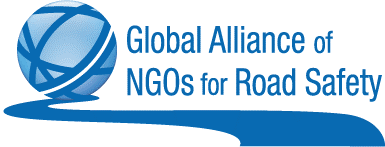
Η ΕΥΘΥΤΑ_ΠΑΡΑΤΗΡΗΤΗΡΙΟ ΟΔΙΚΗΣ ΑΣΦΑΛΕΙΑΣ ΡΟΔΟΥ, ενεργό μέλος της
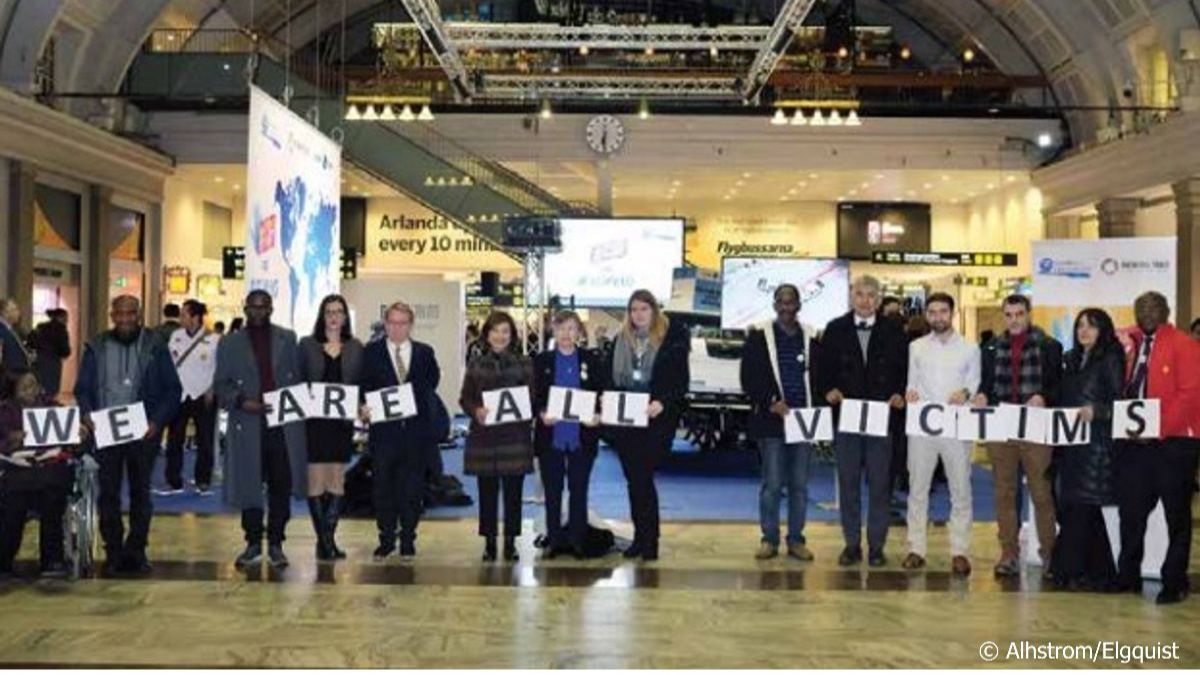
HOW NGOs CAN ADVOCATE FOR EMERGENCY CARE
“When we talk about emergency care
advocacy, we talk about advocating for resources, connecting with
government, and raising public awareness. NGOs are critical to achieving
this,” says Charles Mock, University of Washington and Global Alliance
for Care for the Injured (GACI). Charles is one of the authors of WHO’s
recent publication
Advocating for Emergency Care: a guide for nongovernmental organizations, which was produced collaboratively with GACI and the Alliance and features case studies from our members.
The Global Plan for the Decade of Action for Road Safety 2021–2030 sets
out evidence-based recommendations for post-crash care that contribute
to reducing road deaths and injuries. This involves well-trained
personnel, suitable means of pre-hospital transportation, and efficient
communication networks to ensure timely arrival at the crash scene.
NGOs have key roles to play in addressing this problem. Read our interview with Charles
HERE and read the guide
HERE.

|
UNIVERSAL HEALTH COVERAGE RESOLUTION: ADVOCATING FOR ENHANCED POST-CRASH CARE
Globally, 90% of healthcare emergencies
occur in low- and middle-income countries (LMICs), particularly
affecting children and working-age adults. People living in LMICs are
nearly twice as likely to die from trauma and serious injuries compared
to those in high-income countries. Furthermore, more than half of the
deaths in LMICs could be prevented with access to emergency care. Road
crashes are a significant cause of these injuries.
At WHA, resolution 76.2 was passed on Integrated emergency, critical and operative care for universal health coverage and protection from health emergencies. It calls on
governments to enhance planning and provision of emergency, critical,
and operative care (ECO) systems as part of universal health coverage.
Read more about the resolution and how NGOs can use it in their advocacy with advice from Vanessa Naidoo, WHO, HERE. |
|

|
REHABILITATION AND ROAD SAFETY
Over 2.4 billion people are living with
conditions that could benefit from rehabilitation. Road traffic crashes
are a significant cause of injuries needing rehabilitation, sometimes
in the long term. However, more than 50% of people in many countries do
not receive the necessary rehabilitation care they need. This ranges
from physical and occupational therapy to cognitive and mental health
therapy, as well as the provision of assistive technology.
Last month, the first WHA resolution on rehabilitation was
adopted. Alliance member Handicap International - Humanity &
Inclusion (HI) was part of a coalition that has been instrumental in
building broad consensus beyond the initial champion Member States,
helping draft the resolution, and advocating for its inclusion in the
WHA agenda. Read more about advocacy for the resolution, what happens
next, and advice from HI's Valentina Pomatto on how NGOs can engage HERE. |
|
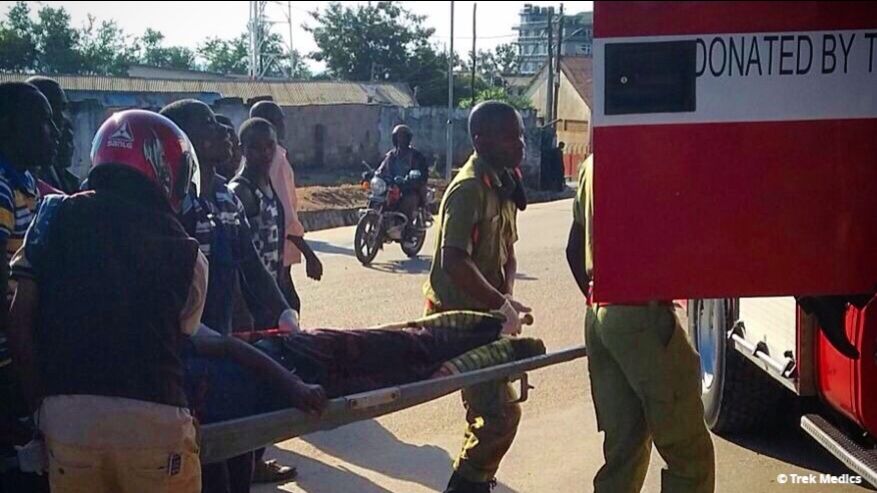
|
IN ACTION: FIRST RESPONDER PROGRAM IN TANZANIA
“Doing nothing to improve pre-hospital
emergency response is more expensive for countries than making even the
most basic access to pre-hospital care available, whether it is provided
by professionals or trained laypeople,” says Jason Friesen, Trek
Medics, an Alliance member NGO working on low-cost emergency care
interventions in LMICs.
Trek Medics’ program with Tanzania Rural Health Movement in Mwanza,
Tanzania, training boda boda riders as first responders, is one of the
case studies in Advocating for Emergency Care: a guide for nongovernmental organizations.
The case study demonstrates how NGOs can advocate for and support
simple and cost-effective interventions to reduce road deaths and
serious injuries through effective emergency response.
Read more HERE. |
|
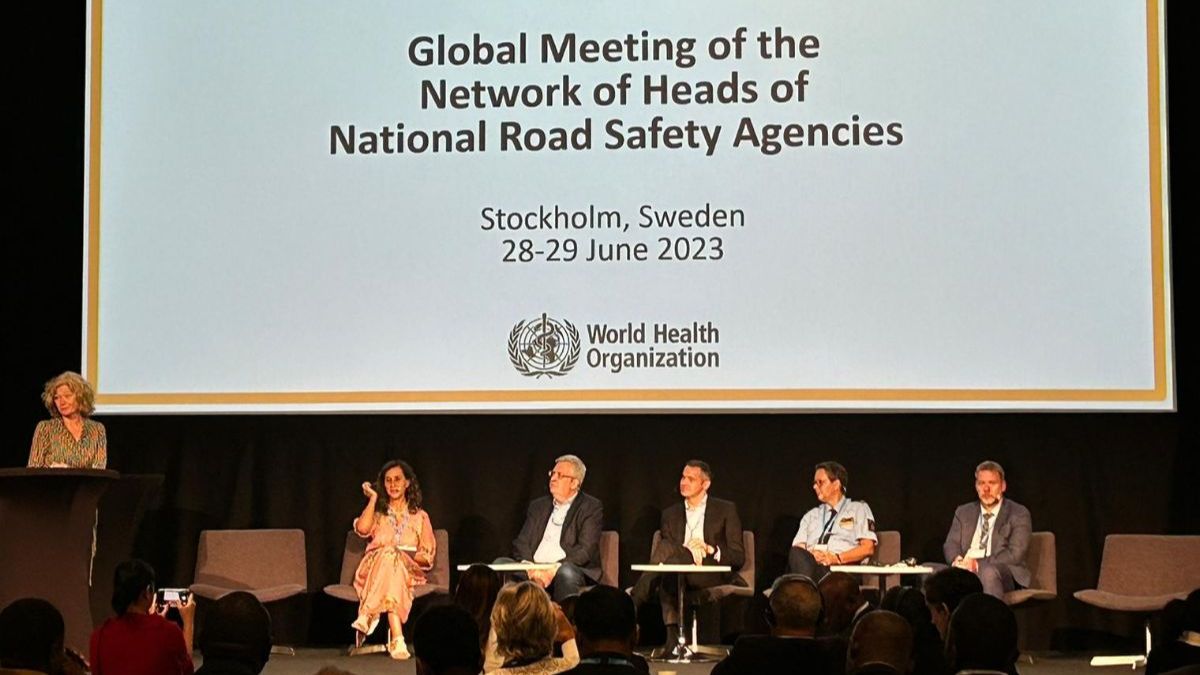
|
ROAD SAFETY HEADS GATHER TO PUSH FORWARD PROGRESS TO 2030
The first in-person meeting of the new
WHO-facilitated Global Network of Heads of Road Safety Agencies was held
in Stockholm, Sweden, this week. The meeting aimed to spur, aid, and
assess actions to meet the Global Plan goal to halve road crash deaths
and injuries by 2030.
The Alliance's Lotte Brondum represented the Alliance and its members at
the meeting, speaking during a session on the Global Plan
recommendations. She called for stronger focus on post-crash response,
bringing inputs from NGOs to encourage increased implementation of
evidence-based actions based on the Global Plan recommendations. She
also presented the need to prioritize funding and to involve civil
society in identifying people-centered interventions.
Read more about the meeting HERE. |
|
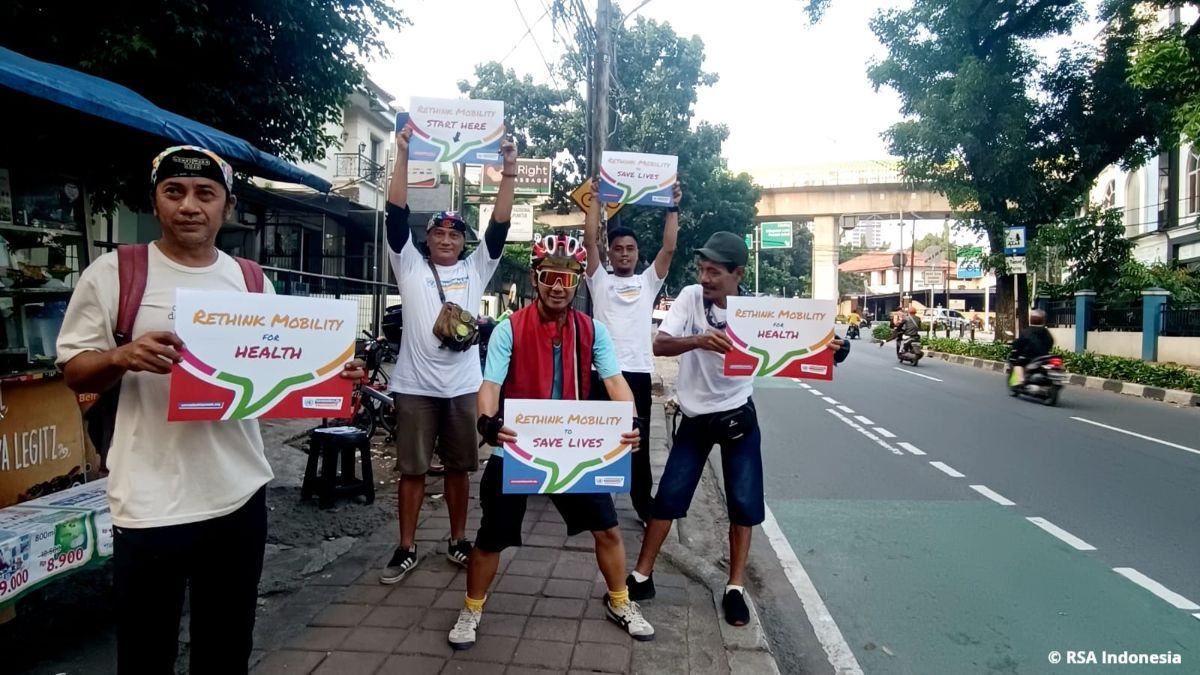
|
|
#RETHINKMOBILITY IMPACT NUMBERS
Last month Alliance member NGOs around
the world used the #RethinkMobility UN Global Road Safety Week to
advocate for safer walking, cycling, and public transport. Here are some
of the highlights from their campaigns:
- 43 NGOs received a small grant to advocate for evidence-based actions including 30 km/h speed limits and pedestrian facilities;
- 107,000 people directly involved in NGOs' campaigns;
- 42 million indirect reach through billboards, media, and social media;
- At least 14 national authorities and 19 local authorities engaged.
Congratulations to our NGOs on their
campaigns and we look forward to hearing about the longer-term results
of their advocacy. Read more HERE. |
|
UPCOMING EVENTS & DEADLINES
Accountability Toolkit Capacity Building Series: 6 July, 3 August 2023, both at 14:00 CEST. Register HERE.
| | |








Δεν υπάρχουν σχόλια:
Δημοσίευση σχολίου